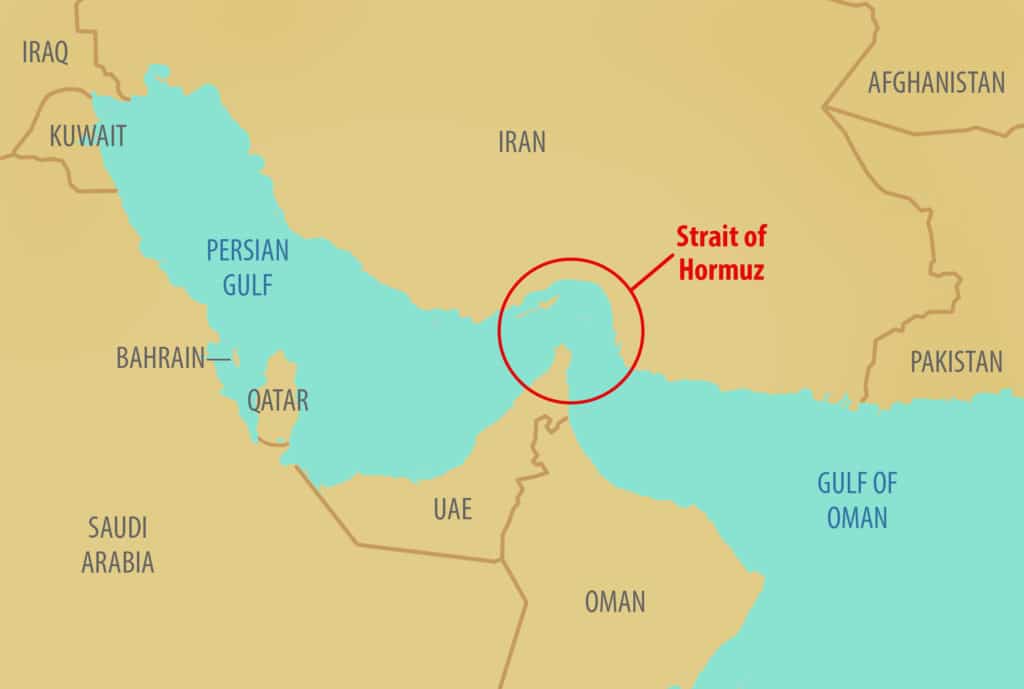For the past few weeks, tension in-between Iran and the United States is at a high level. Both nations continuously blaming each other and U.S imposed a strong ban against Iran. Meanwhile, Iran reacts by breaking the nuclear deal and starts raising its nuclear power. Experts worried about what might happen next if the U.S Strikes Iran.
Trump Canceled His Thursday Night Plan
A few days ago, U.S unmanned military aircraft shot down by Iranian troops on its Strait of Hormuz region. This incident raised the sore between both countries. However, experts point this incident as the response from Iran for the U.S blame of Iranians attack on oil tankers.
Once, Washington heard the news of Iran’s attack on U.S drone, Trump canceled his plan on Thursday night. Former and current U.S officials predict this incident might spark a large military conflict between two nations.
What if the U.S Strikes Iran?
Well, this will be a million-dollar question among several global experts, especially among economists. Attacks on Iran might severely hurt the global economy. Strait of Hormuz – A waterway path located between the Persian Gulf and the Gulf of Oman plays a vital role in passing nearly 40% of global crude oil trade.

Strait of Hormuz
Basin countries of the Strait of Hormuz are Oman, Iran, and UAE. If Iran feels attacked and starts to mine the Strait of Hormuz, it will spike the oil prices. However, experts predict this may not be the first move of Iran if it attacked. Rather than involving counter-attack if the U.S Strikes Iran, Iran will trigger major damage to American allies.
Experts Predictions on Iran’s Move
- Iran might support Yemen’s Houthi Rebels to attack Saudi Infrastructure
- Iran will motivate Shitte Militias to destabilize Iraq
- Well, known Iran based terrorist organization Hezbollah could carry their attack against Israel or any other American alliances of the world.
The former state department official of Iran Ray Takeyh conveyed a similar message at the council of foreign relations. “Iran doesn’t tend to respond directly and immediately, but they do so asymmetrically and over a period of time,” Takeyh said.